Did you know that approximately 75% of strokes occur in people aged 65 or older?
Watch our event addressing stroke warning signs, latest research, prevention measures, innovations in treatment, the process of recovery, holistic approaches to healing, and life after a stroke.
At Kensington Senior Living, our mission to improve and preserve the quality of life for every resident is a collaborative effort. To that end, we have built strong relationships with expert professionals who keep us current with the latest advances in care, management and treatment of conditions that affect seniors and their families.
Meet The Presenters From Part I
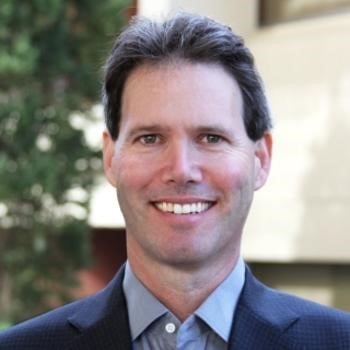
Neil Schwartz, MD, PhD completed his undergraduate studies at UCLA, followed by MD and PhD degrees at Northwestern University. After his Neurology residency at Stanford, Dr. Schwartz joined the Stanford Stroke Center in 2004 as a fellow in Vascular Neurology and has remained on as faculty since 2007. Currently, his primary focus is the care of patients with cerebrovascular disease in both the inpatient and outpatient setting, including patients with both ischemic and hemorrhagic strokes. He has a particular interest and expertise in cervical artery dissection, non-atherosclerotic vasculopathies, stroke in young adults, and stroke recovery trials utilizing stem cells. Dr. Schwartz is a national leader in neurological education and served as the Program Director for the Stanford Neurology Residency Program for nearly a decade, but remains involved as the Associate Program Director, and Vice Chair (Education). He also serves as the Medical Director for inpatient Neurology (L5) at Stanford HealthCare. He is the director of the Young Stroke Program within the Stanford Stroke Center.
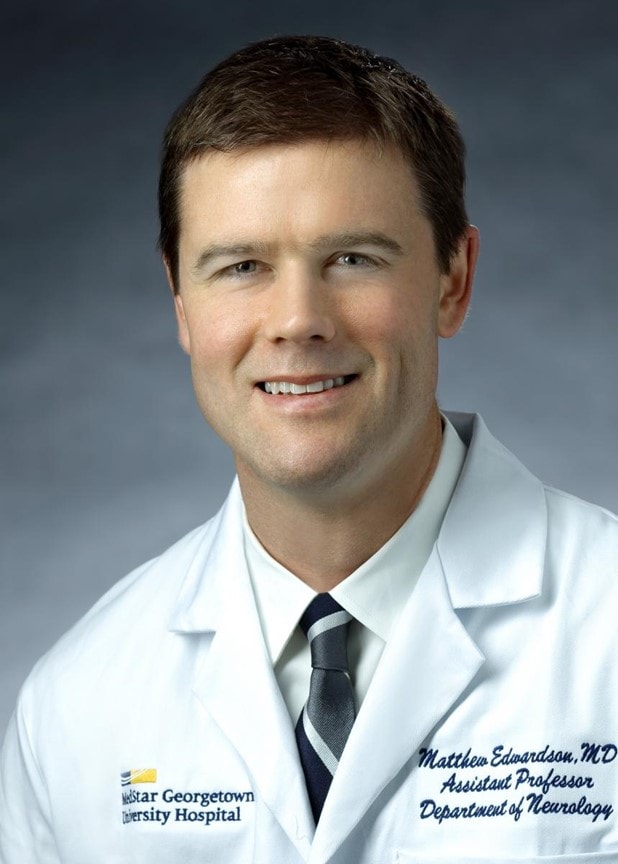
Matthew A. Edwardson, MD is a vascular neurologist whose research explores the biological mechanisms behind recovery after brain injury in humans. His interests include the mechanisms of neural repair induced by the brain injury itself as well as those brought about through neurorehabilitation strategies. He primarily studies patients with stroke and focuses on the early phase after injury, a time that may represent a “critical period” during which the brain is better able to learn new skills. He uses multi-omic evaluation of blood samples, including metabolomics, to identify molecular changes that signal neural injury and repair in the brain. Dr. Edwardson also studies recovery using neuro-imaging techniques such as MRI and DTI.
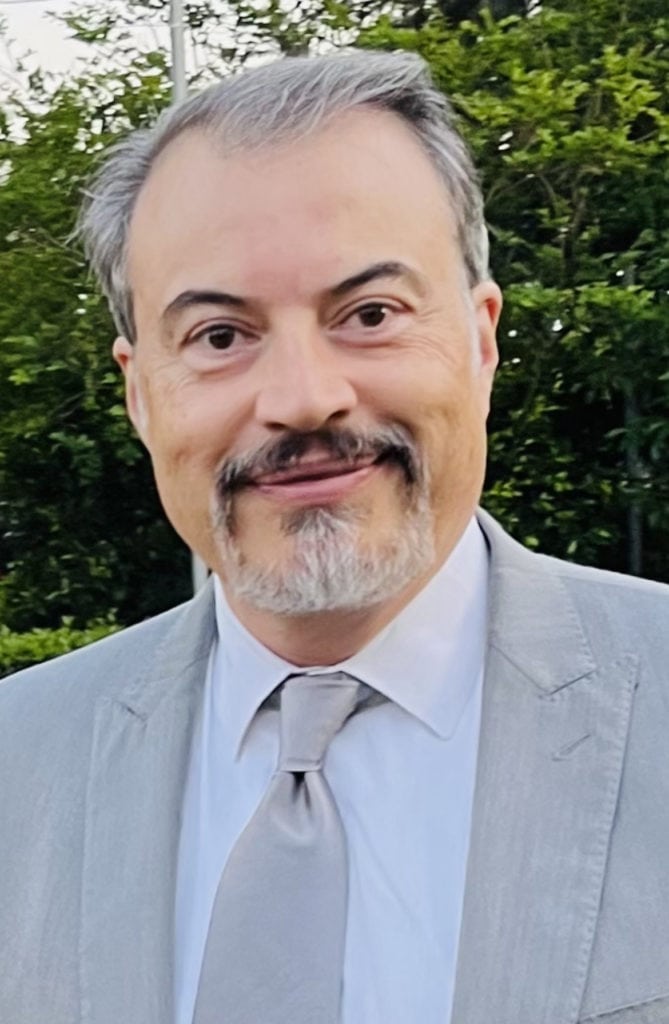
Lucas Restrepo, MD, PhD obtained his MD degree from the Health Science Institute in Colombia, South America in 1993, completing his neurology residency at Georgetown University in 2000 and a stroke fellowship at Johns Hopkins Hospital with Robert J. Wityk in 2002. He has earned several academic awards, including “intern of the year” at the University of Texas Health Science Center in San Antonio in 1996 and being named “neurology attending of the year” by the UCLA neurology residents in 2006 and 2010. He earned a PhD in Molecular and Cell Biology at Arizona State University in 2011 under the mentoring of Stephen Albert Johnston. Dr. Restrepo has published over 40 peer-reviewed papers, some with relevant impact. Two of his papers about advanced MRI techniques and transcranial Doppler ultrasound for the evaluation of the pathophysiology of brain ischemia were selected as “best paper (s) published in the Journal of Neuroimaging” for 2 consecutive years (2003 and 2004). Dr. Restrepo is co-inventor of several cooling devices for neuroprotection and helped develop a blood test for Alzheimer’s Disease. He is currently a Clinical Associate Professor of Neurology at the David Geffen School of Medicine at UCLA.
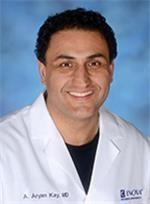
Dr. Atrac Aryan Kay, MD is a Neurologist specializing in Neurology (Brain & Spinal Cord Disease). He graduated from Ross University School of Medicine. Dr. Atrac Aryan Kay, MD is affiliated with Inova, Inova Fair Oaks Hospital, Southern Regional Medical Center, Inova Alexandria Hospital, Inova Fairfax Hospital and Inova Medical Group.
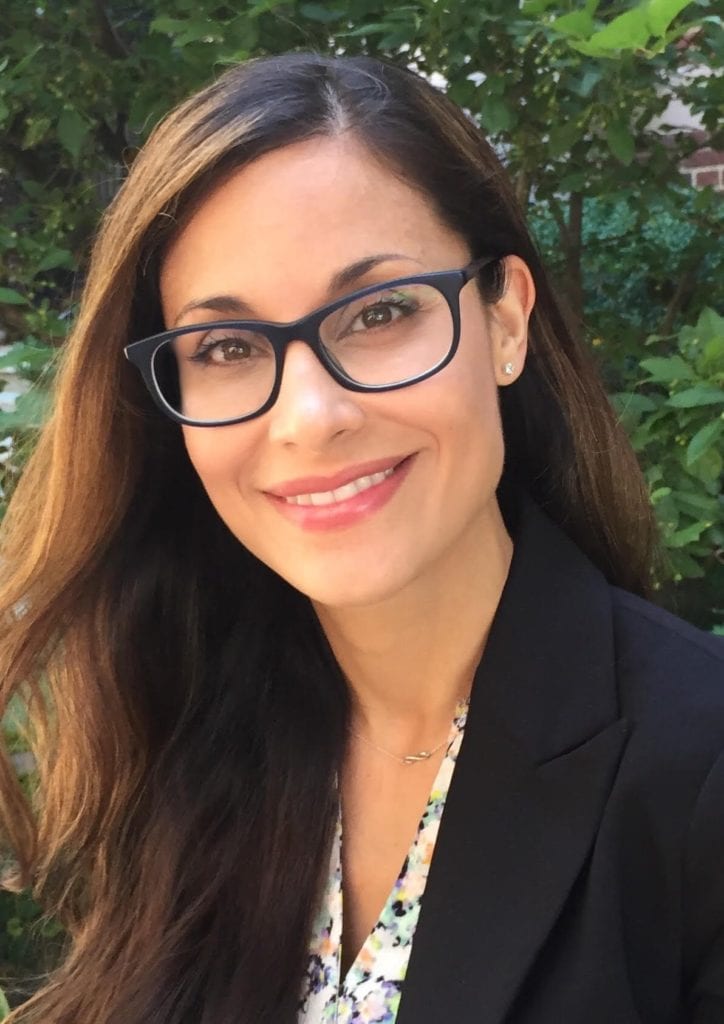
Christina Mijalski Sells, MD, MPH is a Clinical Assistant Professor, Neurology & Neurological Sciences at Stanford.
Meet The Presenters From Part II
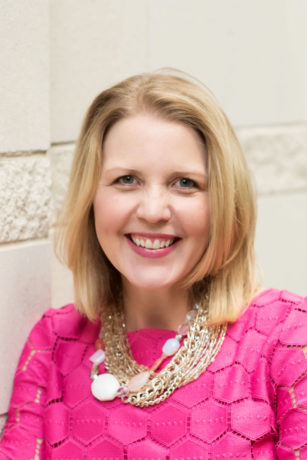
Suzanne Coyle, is the Executive Director of Stroke Comeback Center, a nonprofit organization committed to supporting survivors of stroke and other brain traumas throughout their recoveries. She is a licensed Speech-Language Pathologist. Prior to her current role, she had a lengthy career in the outpatient rehabilitation setting working with adults with acquired neurological communication disorders, such as aphasia. Her research and presentation interests include aphasia group treatment and quality of life after stroke.
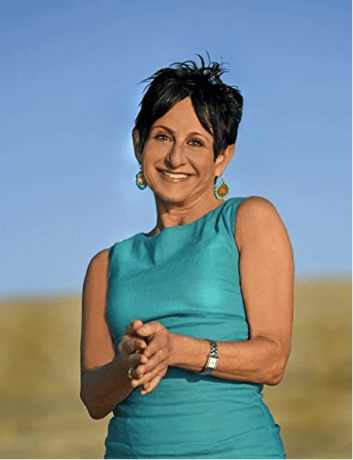
Tsgoyna Tanzman, Speech-Language Pathologist, Life Coach & Author, has helped thousands of people transition after stroke and brain injury to the next stages of their lives. Tsgoyna’s unique therapeutic approach combines traditional and holistic speech therapy along with the life coaching practices used by some of the most successful people on the planet. She is the author of the international bestseller book, Hope After Stroke for Caregivers and Survivors: The Holistic Guide to Getting Your Life Back. Tsgoyna’s humor and poignant life stories appear in 15 different anthologies of Chicken Soup for the Soul. If you are interested in finding out more about Tsgoyna Tanzman, you can visit her website here or email at hopeafterstrokenow@gmail.com.

Katie Fair, OTD, OTR/L, CDRS is an occupational therapist and certified driver rehabilitation specialist (CDRS) with MedStar Health. Katie received her bachelor’s degree in occupational therapy from James Madison University before completing her low vision graduate certificate and master’s degree in occupational therapy from the University of Alabama and her doctoral degree from Thomas Jefferson University. Katie is an adjunct faculty and guest lecturer for local Occupational Therapy programs and has presented at local and national conferences on topics related to post-concussion and vision rehabilitation with the neurological population. She serves on the OTA Advisory Committee at Northern Virginia Community College and the Stroke Comeback Center Professional Advisory Council.
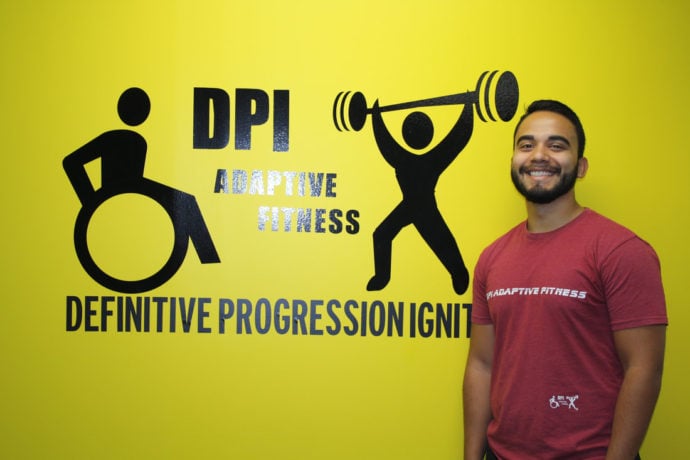
Robby Febo, CPT is an adaptive fitness trainer for DPI Adaptive Fitness. Exercise is a vital component in recovery to improve strength, balance and endurance while decreasing secondary complications that can arise from a medical event or injury. He utilizes his years of experience in adaptive fitness programming to customize group and individual sessions for clients recovering from stroke, spinal cord injury, traumatic brain injury, and more. He served as a lead trainer for adaptive fitness programming at MedStar National Rehabilitation Hospital, overseeing fitness programs for upwards of 40 participants living with a variety of physical disabilities and ensuring a safe and productive workout for all.